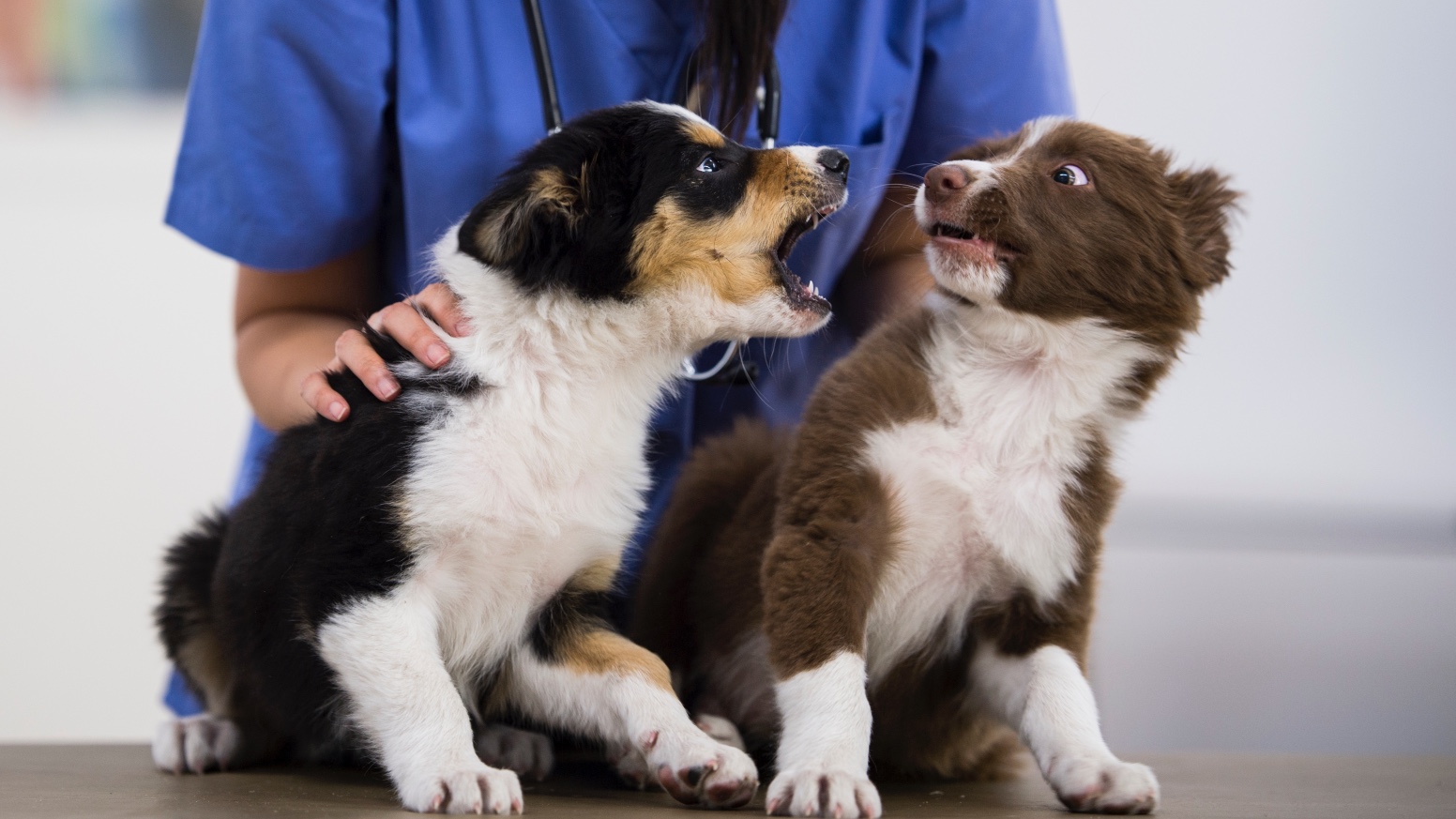
There's no denying it — dog training is no easy feat. But it can be particularly challenging if you have a dog that's nervous or fearful.
Learning how to calm a reactive dog is important as this will help prevent behaviors such as barking and lunging. However, sometimes we pet parents inadvertently do things that can cause our dog's reactivity to worsen.
Certified trainer and behaviorist Nikki Mather says that are several common places we can go wrong when it comes to training a reactive dog.
To find out what these are, you can check out her Instagram video below, or keep reading for a summary...
1. Not meeting all of their needs first: "Whether it’s physical, mental, social, emotional or breed-specific, if we aren’t meeting our dog’s basic requirements, training will be extremely challenging and sometimes unsuccessful," explains Mather.
2. Disregarding their emotional state: "If you’re exposing your dog to their triggers in situations that they cannot handle, they will immediately be sent over their threshold and therefore unable to listen and learn. We must consider our dog’s emotional state when we undergo any behavior modification plan."
3. Your criteria is too difficult: "You’re asking your dog to do something that they just cannot yet do. Whether that’s because we haven’t taught the skill or we’re asking them to perform the skill in too difficult an environment. We must break down the training criteria into easy steps," Mather explains.
4. Not addressing underlying medical concerns: "Just because you cannot visibly see a medical issue does not mean it isn’t there," says Mather. "Before we can purely treat an issue an behavioral, we must rule out medical ailments, both physical and mental."
Even with all the training knowledge in the world and armed with the very best dog treats, working with a reactive dog isn't easy.
If you feel you and your dog would benefit from some extra support, we recommend reaching out to a professional trainer for help.







